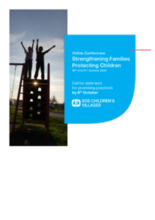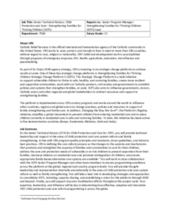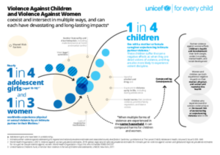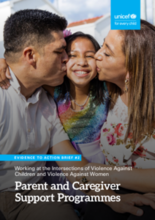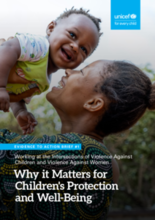Displaying 221 - 230 of 4431
On Wednesday, 9 October the International Conference ‘Throughout time, across borders: Navigating child protection and restoring family links’ will bring together ISS members and external professionals from all over the world to discuss topics related to migrant children, search for origins in intercountry adoption and surrogacy cases, family-based care, mediation in child abduction cases, and the future of social work and child protection.
Job Info
- Job Identification: 3001652
- Job Category: Technical Programming
- Posting Date: 09/06/2024, 08:35 AM
- Locations Global, United States(Remote)
Job Info
- Job Identification3001656
- Job CategoryTechnical Programming
- Posting Date09/06/2024, 08:42 AM
The Transitioning Residential Care Working Group, part of the Transforming Children’s Care Collaborative, launched the Divesting of Residential Care Guidelines and the Transition Monitoring Tool for practitioners, advocates, organization
Join Changemakers for Children to launch the first ever Global Kinship Care Week, which will run from 7th - 13th October 2024. Sign up for the webinar What is Kinship Care? Introducing Global Kinship Care Week on 2 October at 10:00 UTC
The Transitioning Residential Care Working Group, part of the Transforming Children’s Care Collaborative, invites practitioners, advocates, organizations, and donors supporting and promoting residential care service transitions to the launch webinar of the Divesting of Residential Care Guidelines and Transition Monitoring Tool.
This infographic by UNICEF illustrates how violence against children and violence against women coexist and intersect in multiple ways, and can each have devastating and long-lasting impacts.
A well-established and growing body of evidence demonstrates the multiple ways in which violence against children and violence against women intersect or overlap. This brief summarizes what is known about the potential for parent and caregiver support programmes to reduce both violence against children and violence against women, and why addressing these intersections matters for children’s protection and well-being.
A well-established and growing body of evidence demonstrates the multiple ways in which violence against children and violence against women intersect or overlap.

